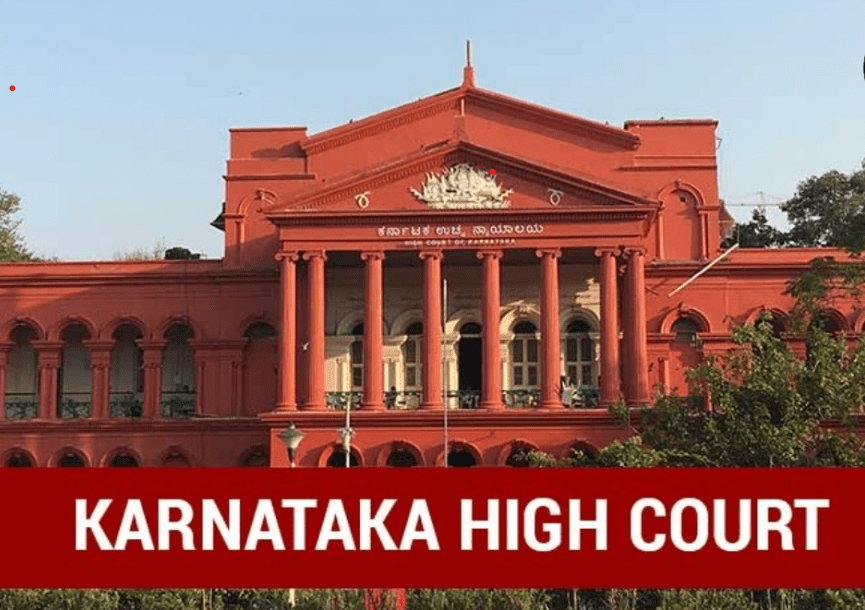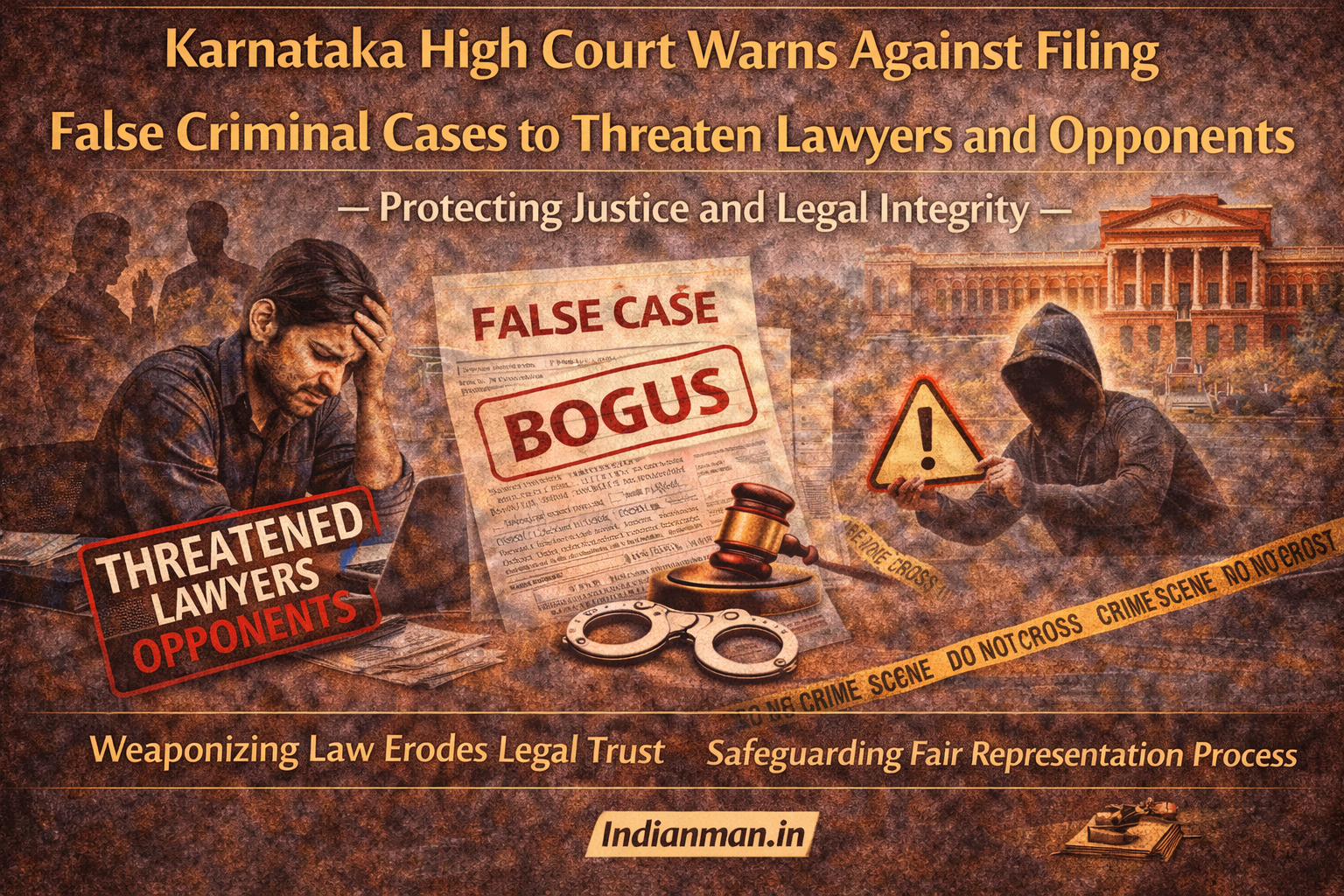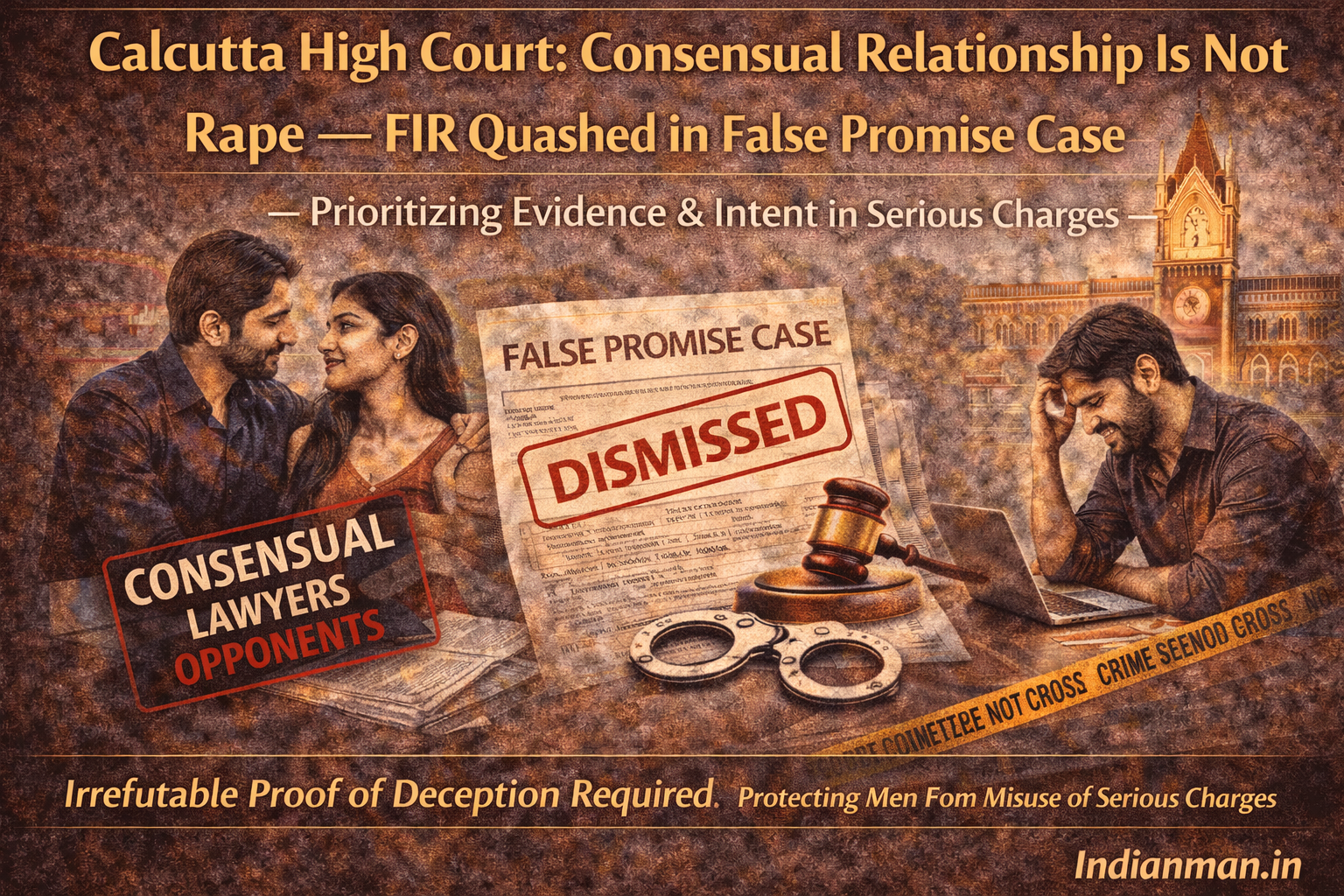Karnataka HC Denies Bail in POCSO Case, Says Minor’s Consent Not Legally Valid
The Karnataka High Court has denied bail to an accused in a case under the Protection of Children from Sexual Offences (POCSO) Act. The accused had argued that the minor girl involved was a consenting party and that no force was used.
Justice V Shrishnanda stated that under the POCSO Act, the consent of a minor is irrelevant. “Consent, if any, of the victim girl for the penetrative sexual assault is immaterial while considering the scope of Section 3 of the POCSO Act,” the court observed. The offense is punishable under Section 4 of the Act.
Case Details The prosecution reported that on February 14, 2022, the accused persuaded the minor girl and took her near Nandi Hills, attempting to force sexual intercourse. Later, on April 2, 2022, he took her to his relative’s house, misleading them about her age, and stayed with her on rent.
On April 3, 2022, the accused took the girl to the Anjaneya Temple and conducted a marriage ceremony by tying the “Mangala Sutra.” They lived together, and on May 11, 2022, the accused allegedly had sexual intercourse with her. The victim’s mother later filed a complaint, leading to a chargesheet being filed against the accused.
Bail Plea and Court’s Response The accused initially sought bail from the special court, which was rejected. He then approached the High Court, arguing that the absence of force negated the application of Sections 4 and 6 of the POCSO Act.
The victim girl stated before the Magistrate that the accused had tied the “Mangala Sutra” and they lived as husband and wife, engaging in regular sexual intercourse. The accused’s counsel argued for a lenient approach, stating the girl’s consent was evident.
However, the prosecution emphasized that under the law, a minor’s consent is invalid. The court agreed, stating, “A child cannot be a consenting party under Section 3 of the POCSO Act.”
Charges and Court’s Conclusion The accused faces charges under:
- Section 4 and 6 of the POCSO Act
- Sections 9 and 10 of the Prohibition of Child Marriage Act, 2006
- Sections 363, 372(2)(n), and 344 of the Indian Penal Code (IPC)
The court concluded that the victim’s consent, given her age of 16, holds no legal standing, and the offense under the POCSO Act is applicable.
This case underscores the strict legal stance on minor consent in sexual offenses and highlights the legal implications of child marriage under Indian law.
Be a part our social media community:
Facebook: https://www.facebook.com/IndianMan.in?mibextid=ZbWKwL
Instagram:
https://www.instagram.com/indianman.in?igsh=MWZ2N3N0ZmpwM3l3cw==




